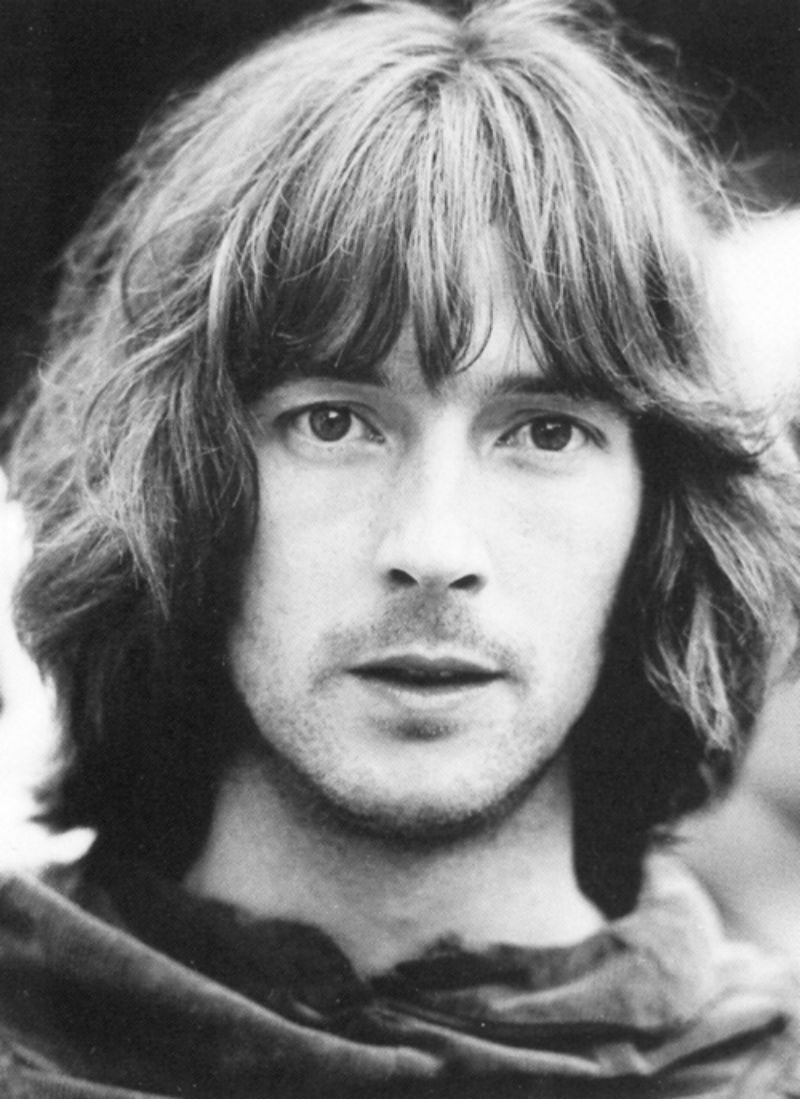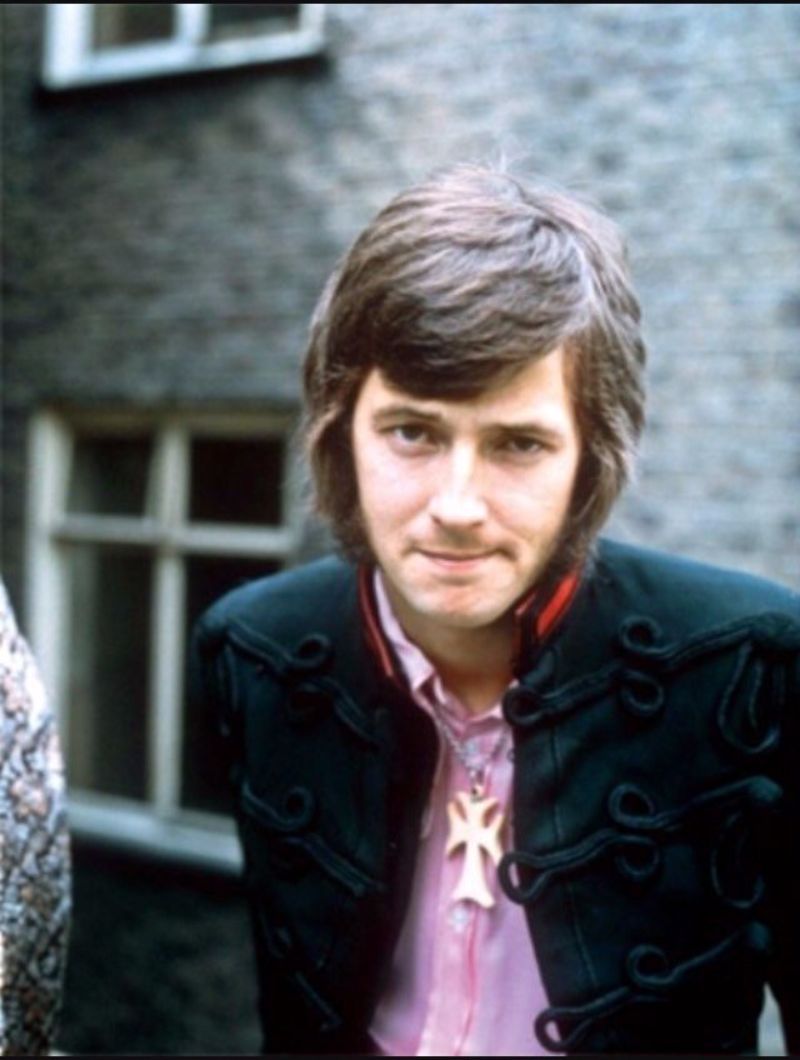Eric Clapton Young: The Early Years Of A Guitar Legend
Eric Clapton young years were marked by an extraordinary journey that shaped him into one of the greatest guitarists of all time. From his humble beginnings in Surrey, England, to becoming a global rock icon, Clapton's early life and experiences laid the foundation for his remarkable music career. This article delves into the early years of Eric Clapton, exploring his childhood, musical influences, and the beginnings of his illustrious journey in the music industry.
Born on March 30, 1945, in Ripley, Surrey, Clapton's early life was filled with challenges. Raised by his grandparents, he had a complex family background that influenced his music and artistry. His teenage years were pivotal, as he discovered his passion for music and began to hone his skills as a guitarist. This article will take you through the significant milestones of Clapton's youth, highlighting the events and people that played crucial roles in shaping his musical identity.
In the following sections, we will explore Clapton's early influences, the bands he played with, and how his unique style began to emerge. This in-depth analysis will not only provide insight into Clapton's formative years but also illustrate the enduring impact of his early experiences on his later work as a musician.
Table of Contents
- 1. Early Life
- 2. Musical Influences
- 3. The First Band
- 4. Blues Inspiration
- 5. Rise to Fame
- 6. Biography and Personal Data
- 7. Legacy of Eric Clapton
- 8. Conclusion
1. Early Life
Eric Clapton was born into a tumultuous family situation. His father, a Canadian soldier, was absent during his early years, leaving Clapton to be raised by his mother, Patricia Molly Clapton, and his grandparents. His upbringing was marked by instability, which would later influence his songwriting and musical themes.
During his childhood, Clapton showed signs of artistic talent, often drawing and painting. However, it was music that ultimately captured his heart. At the age of 13, he received his first guitar, a Spanish guitar, which set him on the path to becoming a musician. His early experiences with music were predominantly shaped by the sounds of rock and roll and rhythm and blues.
2. Musical Influences
Clapton's musical influences were diverse and played a significant role in shaping his unique sound. Artists such as B.B. King, Buddy Guy, and Robert Johnson were pivotal in his development as a guitarist. The blues genre, in particular, resonated deeply with Clapton, as he admired the emotional intensity and technical prowess of the blues musicians.
His exposure to various musical styles, including rock and pop, helped him develop a versatile approach to guitar playing. Clapton's early influences also included British rock bands like The Beatles and The Rolling Stones, which further fueled his passion for music and performance.
3. The First Band
Clapton's first foray into the music scene came when he joined The Roosters, a local band in the early 1960s. Although the band did not achieve significant fame, it provided Clapton with invaluable experience and the opportunity to hone his skills as a guitarist and performer.
After The Roosters, Clapton joined The Yardbirds in 1963, a band that would serve as a launching pad for his career. With The Yardbirds, Clapton gained recognition for his exceptional guitar work and innovative playing style. His time with the band solidified his reputation as a rising star in the music industry.
4. Blues Inspiration
The blues genre remained a constant source of inspiration for Clapton throughout his early career. His deep admiration for blues legends like Eric "Slowhand" Clapton and Muddy Waters pushed him to explore the emotional depth of the genre. Clapton's ability to blend blues with rock elements set him apart from his contemporaries.
During this period, Clapton began to develop his signature sound, characterized by soulful guitar solos and heartfelt lyrics. His passion for the blues not only influenced his music but also contributed to the evolution of rock music in the 1960s and beyond.
5. Rise to Fame
Clapton's rise to fame began in earnest with the formation of Cream in 1966, alongside Ginger Baker and Jack Bruce. The band's innovative approach to music, combining blues, rock, and psychedelia, garnered widespread acclaim and commercial success. Cream's albums, such as "Disraeli Gears" and "Wheels of Fire," showcased Clapton's extraordinary guitar skills and solidified his status as a rock icon.
Following the disbandment of Cream, Clapton continued to achieve success with his solo career and collaborations with other renowned artists. His work during this period further established him as one of the most influential guitarists of his generation.
6. Biography and Personal Data
| Name | Eric Patrick Clapton |
|---|---|
| Born | March 30, 1945 |
| Birthplace | Ripley, Surrey, England |
| Occupation | Musician, Singer, Songwriter |
| Genres | Rock, Blues, Pop |
| Instruments | Guitar, Vocals |
| Years Active | 1963 - Present |
7. Legacy of Eric Clapton
Eric Clapton's legacy is profound and enduring. His contributions to music have influenced countless artists across genres. With numerous awards, including multiple Grammy Awards and induction into the Rock and Roll Hall of Fame, Clapton's impact on the music industry is undeniable.
Clapton's early years played a crucial role in shaping his artistry, and his ability to connect with audiences through his music continues to resonate with fans worldwide. His story serves as an inspiration for aspiring musicians and a testament to the power of perseverance and passion.
8. Conclusion
In conclusion, Eric Clapton's young years were instrumental in crafting the legend he is today. From his challenging upbringing to his discovery of music and rise to fame, Clapton's journey is a remarkable tale of talent and determination. His early influences, experiences, and dedication to his craft have left an indelible mark on the music world.
We invite you to share your thoughts about Eric Clapton and his music in the comments below. If you enjoyed this article, consider sharing it with fellow music enthusiasts or exploring other articles on our site for more fascinating insights into the lives of legendary musicians.
Thank you for reading, and we hope to see you again soon for more captivating stories!
Article Recommendations
- Walter Brennan The Legendary Character Actor Of Hollywood
- How Old Is Laura Wright And Wes Ramsey
- Donald Trump Police Immunity


